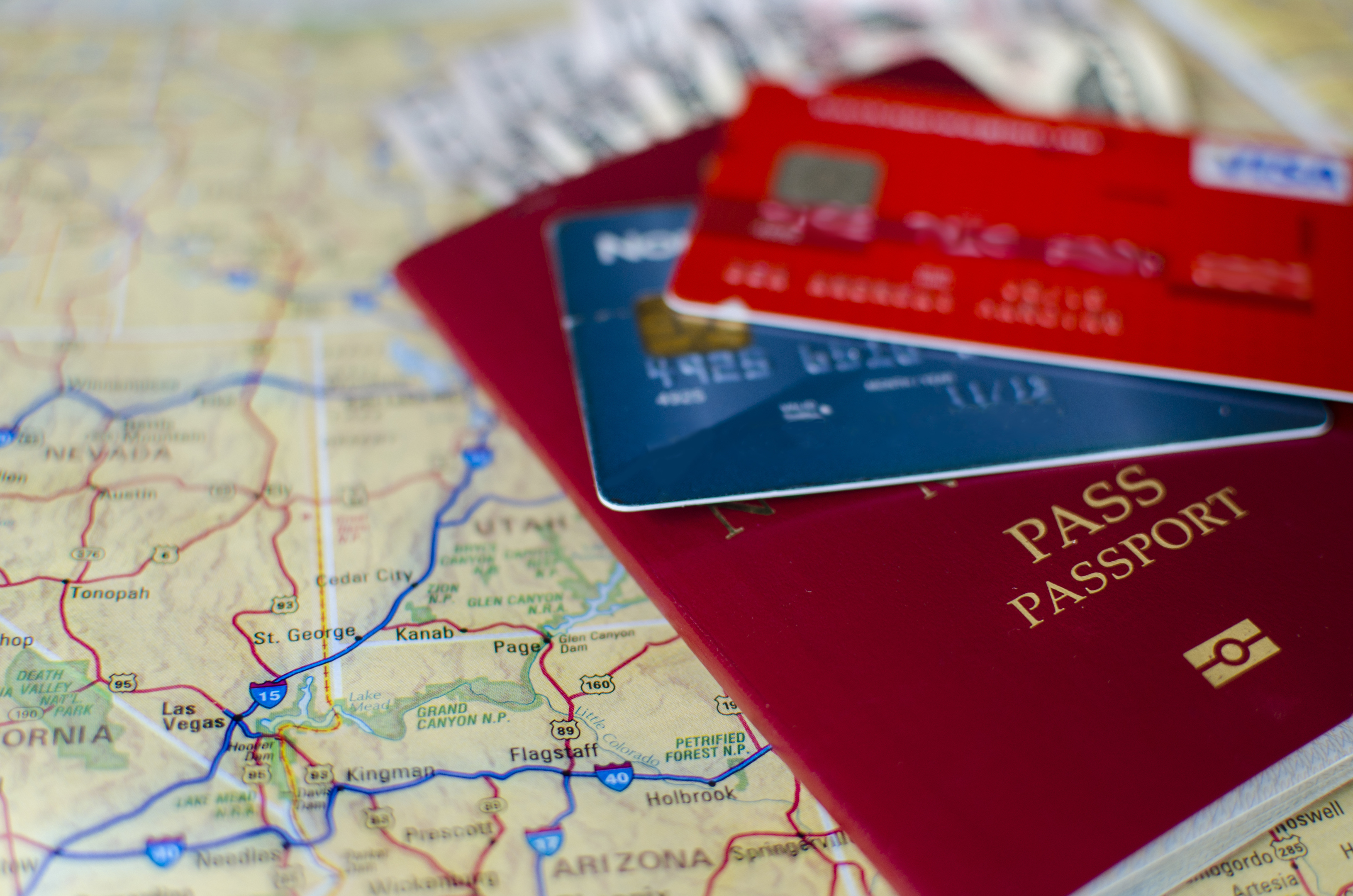
BRITISH holidaymakers are “wasting” more than £100 million each year on debit and credit card charges, according to new research.
A study by Thomas Cook found more than a third (34%) of people use their regular payment cards abroad but half (50%) do not know how much they are being charged.
This lack of awareness means British travellers are forking out £105 million thanks to an average fee of 2.73% for non-sterling card transactions, the travel firm said.
The figure does not take into account ATM charges or exchange rates used by banks.
New rules introduced on Thursday brought an end to mobile roaming charges when UK citizens use their phones in the EU but many holidaymakers are still being hit with fees each time they take their debit or credit card out of their wallet.
While more than two-thirds of the 2,635 Britons surveyed save regularly for their fortnight in the sun, less than half keep track of currency rates in order to change money at the optimum time, according to the report.
Despite many travellers booking trips up to a year in advance, about one in three buy their currency following the payday closest to their departure date.
Thomas Cook UK managing director Chris Mottershead said: “British consumers have got much savvier in recent years about their spending – how to make the weekly food budget go further and using voucher codes for saving money on family days-out.
“Our first holiday report has shown that this money-conscious mentality comes into play for the cost of the actual holiday but stops where spending money is concerned.
“It reveals the stark lack of understanding when using credit and debit cards abroad.”
Thomas Cook advises holidaymakers to take a mixture of cash and pre-paid currency cards when they travel overseas, and minimise withdrawals from cash machines.

Enjoy the convenience of having The Sunday Post delivered as a digital ePaper straight to your smartphone, tablet or computer.
Subscribe for only £5.49 a month and enjoy all the benefits of the printed paper as a digital replica.
Subscribe